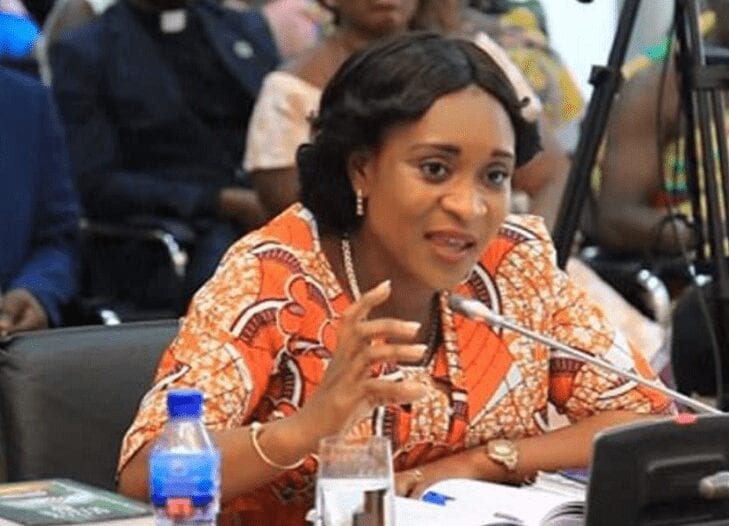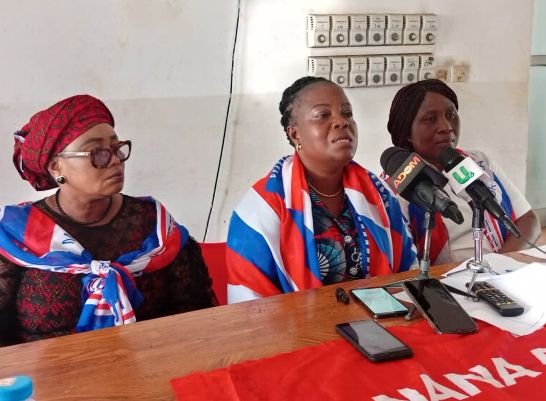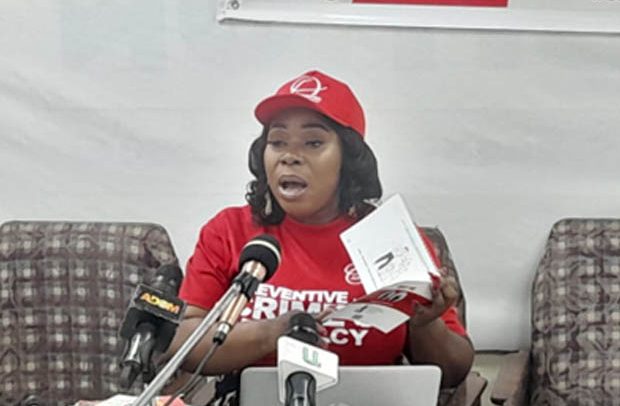
Women from a rural community in the north of the country are demanding better access to customary farmland. In many regions across Africa, land remains under the control of men thanks to stubborn cultural barriers.
In the small rural community of Bagliga in northern Ghana, a crowd of angry women march towards the chief's palace. They're demanding better access to land. It's a rare sight in this part of the country, where land has long been under control of chiefs and men.
These women claim their land was taken away from them and given to land grabbers for commercial use. Now they've finally had enough, they say, and are calling on their chief to provide solutions.
Inside the palace, Mokpeli Seidu, a spokeswoman for the group, voiced the group's concerns directly to the chief.
"You gave us land to farm some time ago, but now the place has been sold to sand miners," she said. "We don't know where to get our daily bread from. So we came to beg you to find us a place to farm."
Taking away livelihoods
The vast arable land the women lost was originally given to them by Chief Sumani Haruni himself, though without any title deeds attached. So why did he suddenly decide to take it land back -- and with it the women's livelihoods? His answer was blunt.
"I gave them the land, and I want the land back, so I took it from them," he told DW. "As the owner of the land, I use it the way I want. I gave it out, but I have control over it. Not them."
A chief he may be, but his response did not go down well with Amina Kareem, one of the women who lost her piece of land. She says there are few to no alternative means of making a living in this part of Ghana without access to land.
"There is no business here aside from farming," she told DW. "That is how we take care of our school children and grandchildren. So refusing us land also means killing us."
Fighting against cultural exclusion
Women across Africa play a critical role in the farming sector -- the female share of the agricultural labor force is the highest in the world.
But access to good, arable farmland remains a key challenge in many regions where women are excluded from land discussions thanks to stubborn cultural and religious barriers. Even when women manage to own land in their own right, their husbands are still perceived as heads of the household and are offered greater access to farming resources such as subsidized fertilizer from the government.
The Grassroots Sisterhood Foundation based in Ghana aims to promote the Maputo Protocol, which urges African leaders to remove all barriers preventing women from enjoying comprehensive rights. Its director, Fati Alhassan, told DW that when it comes to land issues in particular, women are barely given the chance to make their voices heard.
"Most of the time women are not included in the decisions, or [discussions on] how to even access the land or what quality [of land] they are expected to have," she said. "Sometimes they do not even offer [women] productive land."
Waiting for change
Back in Bagliga, another group of women sit together outside, drying groundnuts. They are the lucky ones whose husbands offered them small pieces of their own land to farm.
But customary land remains firmly under the control of chiefs and other powerful man in Ghana's Northern Region. For now, any hope of women being given their fair share of land ownership seems like a distant dream.
Read Full Story


























Facebook
Twitter
Pinterest
Instagram
Google+
YouTube
LinkedIn
RSS